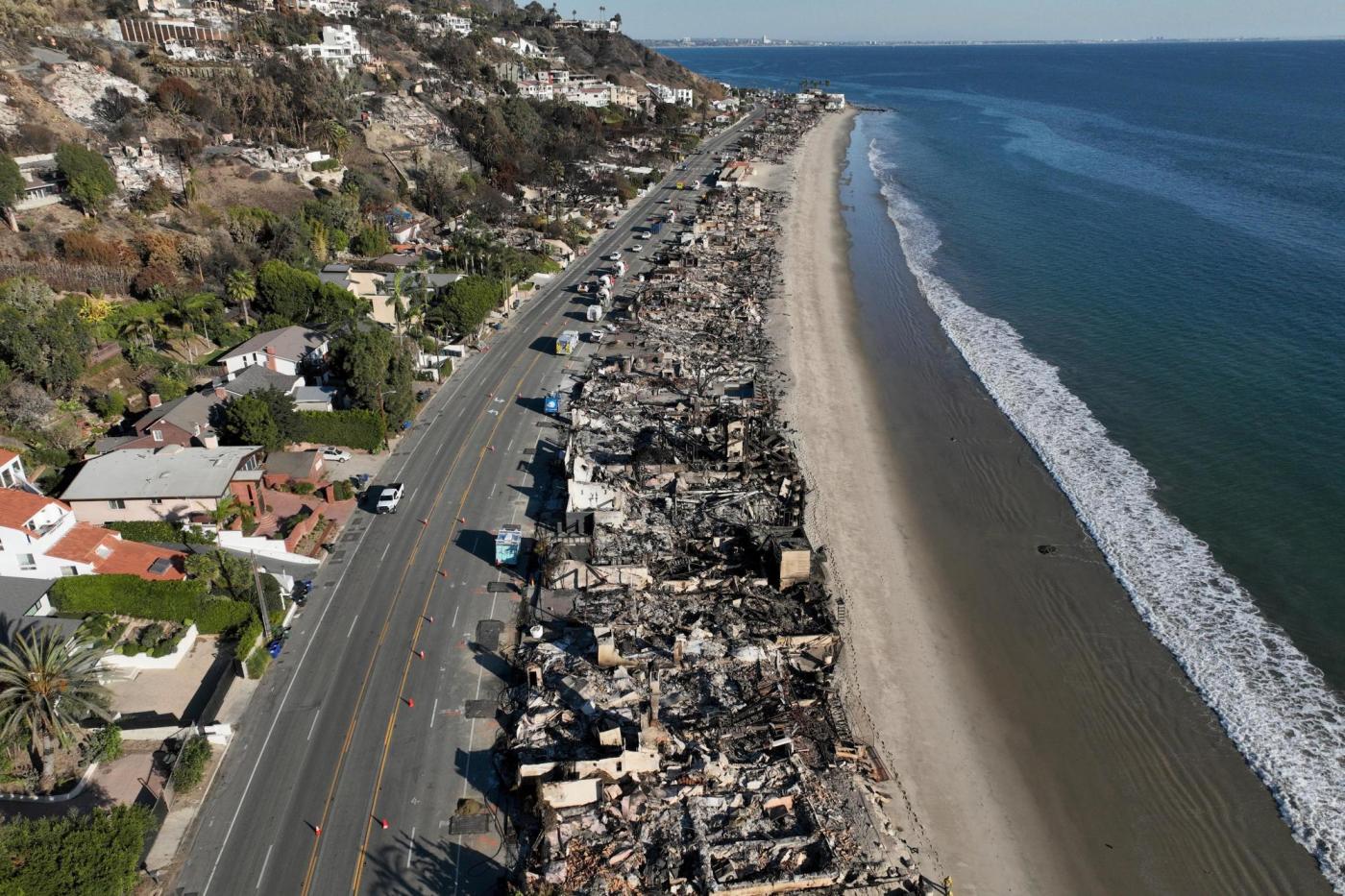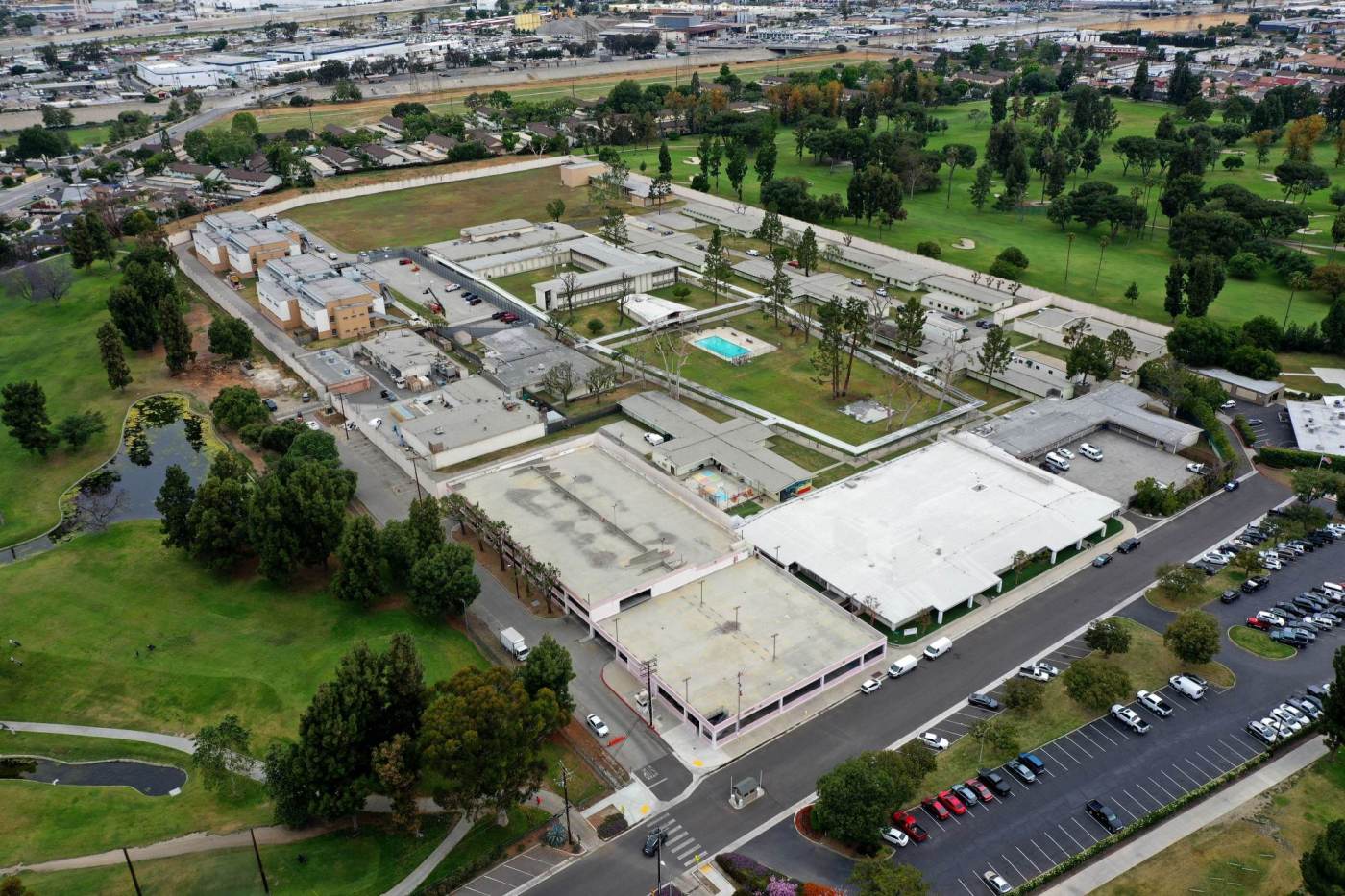International Longshore and Warehouse Union issues statement slamming US tariffs
International Longshore and Warehouse Union issues statement slamming US tariffs
As the trade dispute between the U.S. and China shows no sign of ending, the longshore union on Monday issued a strongly worded statement opposing the tariffs imposed by the Trump administration.
“The International Longshore and Warehouse Union (ILWU) unequivocally condemns the recent tariffs that the Trump administration has imposed,” the policy statement said. “Tariffs are taxes. These and other reckless, shortsighted policies have begun to devastate American workers, harm critical sectors of the economy, and line the pockets of the ultra-wealthy at the expense of hard-working families.”
In a telephone interview on Friday, Port of Long Beach CEO Mario Cordero said the situation, however, is in a somewhat wait-and-see period with both leaders of the U.S. and China indicating a willingness to negotiate tariff amounts earlier that week.
“We may have a better path, now it seems the administration is more conciliatory at this point,” he said.
China, he said, also has indicated a more “relaxed view.”
But nothing, he said, was certain.
“Right now there’s a lot of ambiguity,” Cordero said.
And the one word that characterized it all going forward, he said: “Uncertainty.”
Both the Ports of Los Angeles and Long Beach anticipate cargo numbers to drop significantly in fairly short order as blank, or canceled, sailings accumulate and imports dwindle sharply from China in the coming months.
Port of Los Angeles Executive Director Gene Seroka projected in remarks on April 25 that there could be as much as a 35% drop that would be seen in about two weeks.
Impacts from the tariffs are taking a toll, especially on goods from China and elsewhere in Asia, with the ricocheting messages emanating from the White House also bringing added confusion, he said, saying that the news was changing “almost hourly” as speculation bounced back and forth on potential new figures.
Meanwhile, Seroka said, many large importers have simply “hit the pause button on cargo from China” as they are not willing pay the excess amounts on products.
The ILWU warned that the policies will be widely felt.
“Prices for food, gas, and household goods are rising due to tariffs,” the union statement issued Monday said.
The tariffs, the statement continued, will be “passed on to the American worker,” calling the policy “nothing less than an economic war on working people.”
The magnitude of the taxes are already dramatically affecting American imports, with the shipping containers set to arrive at the Port of Los Angeles down nearly 36% over the past two weeks, according to Port Optimizer, which tracks vessels. It’s lending urgency for both the U.S. and China to bolster support from alternate partners, according to a report by the Associated Press published Monday, April 28.
While Trump administration officials suggest the president could ease the duty rates on Chinese goods at his discretion, there has been no indication he’s yet looking for a reduction. That, after all, could suggest his protectionist policies were hurting the American economy, the AP said.
“They want to make a deal obviously,” Trump told reporters Sunday, saying the U.S. had gone “cold turkey” on trade from China. “Right now, they’re not doing business with us.”
The White House has framed any negotiations as being between the U.S. president and Chinese President Xi Jinping, but neither leader seems willing to make the initial outreach without some kind of concession.
The Associated Press contributed to this report
Comments 0
Most Read
Recommended Post
Gogolook launches news wall feature to Whoscall App





















Leave a Comment